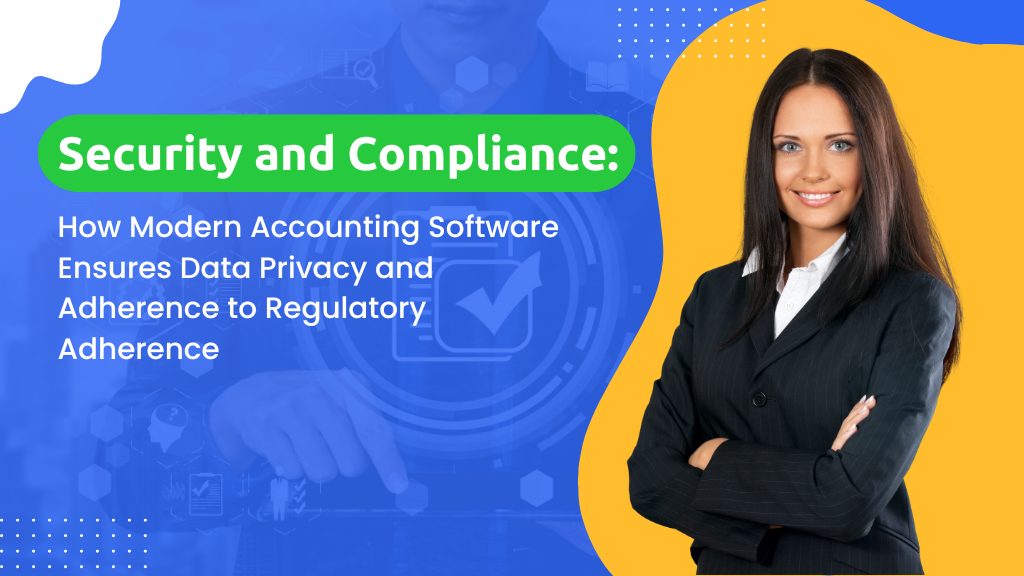The security of sensitive financial data and the uncompromising adherence to regulatory requirements have become important imperatives for organizations in this digital age when information flows as a river and privacy concerns stand at the forefront. Within this intricate environment, contemporary accounting software appears not only as a tool for financial management but also as a fortress of security and a guardian of compliance. This is because current accounting software combines many key features.
This article takes a deep dive into the complex landscape of data privacy and regulatory compliance within the area of modern accounting software. We set out on an adventure to discover how these software solutions not only reinforce the walls against cyber threats but also stand as bastions of regulatory conformance, providing enterprises and stakeholders with a haven of certainty and trust in equal measure.
The Data Privacy Imperative
Businesses and customers alike are becoming keenly aware of the need to maintain data privacy as high-profile data breaches continue to get widespread media attention. Innovative accounting software systems often provide a comprehensive set of data security safeguards, making cybersecurity for accounting firms essential for protecting sensitive financial information from unauthorized access and cyber threats. These systems protect sensitive financial information from unwanted access and cyber threats using encryption techniques that are up-to-date and secure data storage. Multi-factor authentication adds another layer of protection to the system, guaranteeing that only authorized users may access the program and the important data it contains.
Daniel Adams, Chief Marketing Officer (CMO) at Still Water Wellness
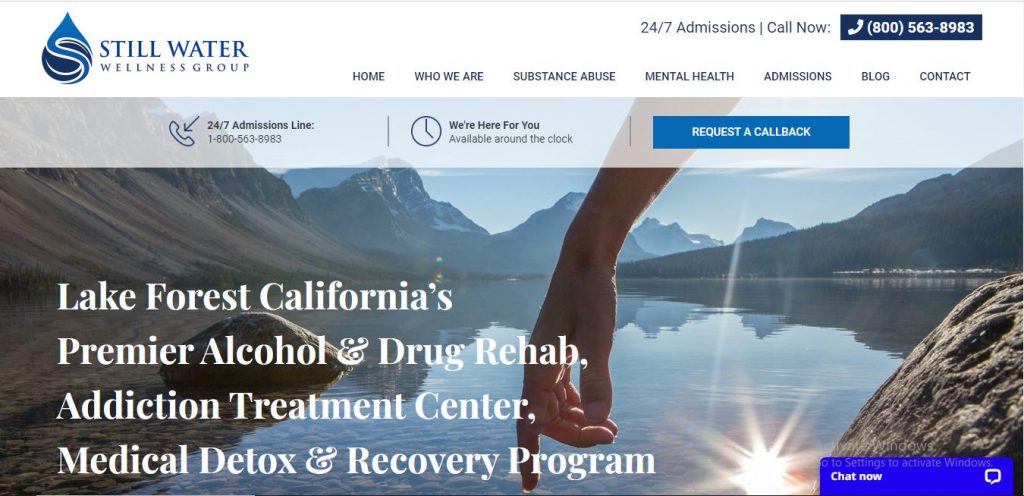
Regulatory Landscape and Challenges
The contemporary commercial landscape encompasses a wide variety of sectors, each of which is subject to a different set of regulatory requirements. The General Data Protection Regulation (GDPR) and the Health Insurance Portability and Accountability Act (HIPAA) are two of the most complicated requirements that need to be followed, and doing so presents a significant obstacle.
The developers of modern accounting software have responded to this reality by emphasizing the need for flexibility. They provide customized solutions that are in line with the unique regulatory standards of a certain sector. This alleviates the difficulties associated with manual compliance and enables companies to concentrate on their primary goals.
Timothy Allen, Director at Oberheiden P.C.
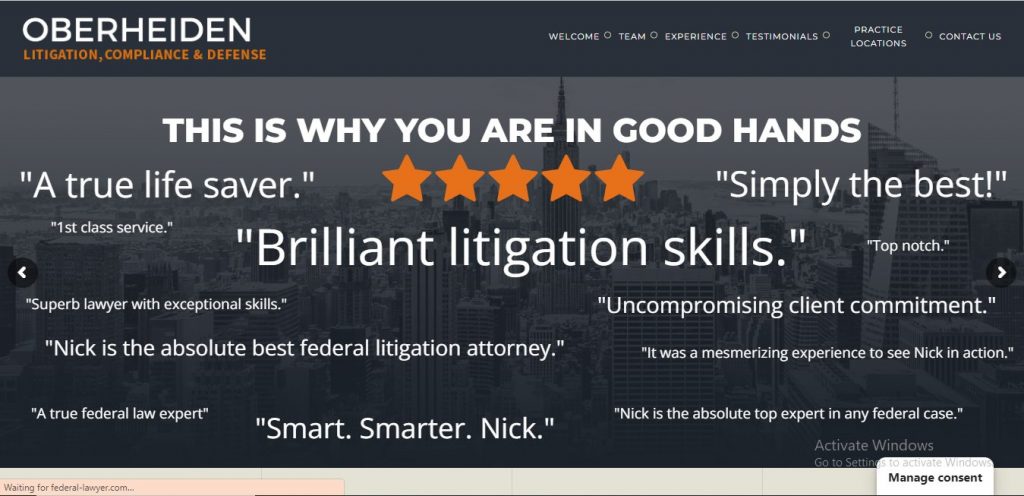
Real-time Compliance Tracking
Maintaining compliance is an ongoing endeavor that calls for adaptability on your part. The ability of current accounting software to do real-time monitoring of regulatory compliance is one of its defining characteristics. This function keeps track of the ever-changing regulatory environment and makes timely adjustments to the software’s procedures to ensure compliance at all times. As a direct consequence of this, the possibility of non-compliance resulting from outmoded procedures or oversights is considerably reduced.
Michael Lees, Chief Marketing Officer at EZLease
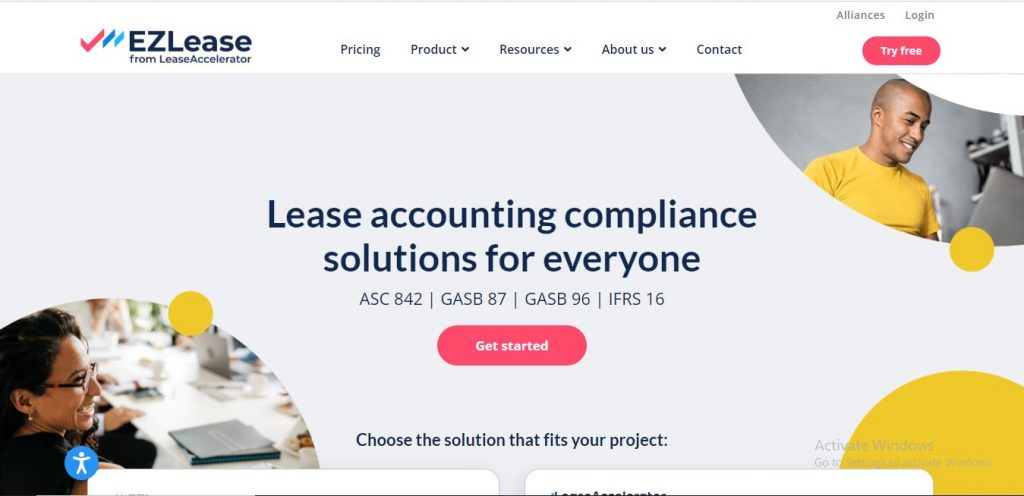
Audit Trail Transparency
An audit trail becomes an essential piece of evidence if regulatory audits or internal inquiries are being conducted. The most up-to-date accounting software often includes a complex audit trail system that can record and track every financial transaction in minute detail. This digital footprint demonstrates exactly who accessed which data and when it occurred, which contributes to increased openness, accountability, and compliance with regulatory requirements.
Randy Charles, Marketing Head at Color the Crag

Generate More Leads With Website & Messenger Chatbots
Gather quality leads on autopilot and 10x your ROI with automated chats
User Access Control
Users may not necessarily need unfettered access to all of the financial data. In light of this reality, contemporary accounting software solutions have included user access restrictions. Permissions may be explicitly defined by administrators depending on the roles and responsibilities of each user. Because of this granularity, the dangers of unwanted access and data breaches are significantly reduced, which ultimately leads to stringent compliance with privacy rules.
Arnaud, CMO Assistant of LeanLaw
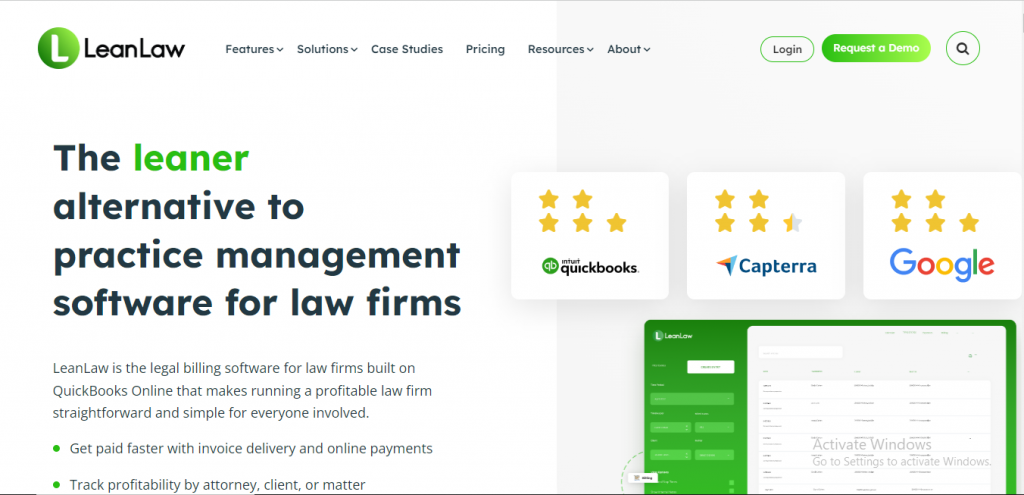
Automated Reporting for Compliance
Updated content: The days of manually reporting compliance are quickly becoming a thing of the past. Through the use of automatic reporting systems, modern accounting and invoicing software makes this procedure far more efficient. These technologies not only speed up the process of creating tax reports, invoices, and submitting financial statements to regulatory agencies, but they also reduce the probability of human mistakes that might endanger compliance.
Jessica Shee from iBoysoft
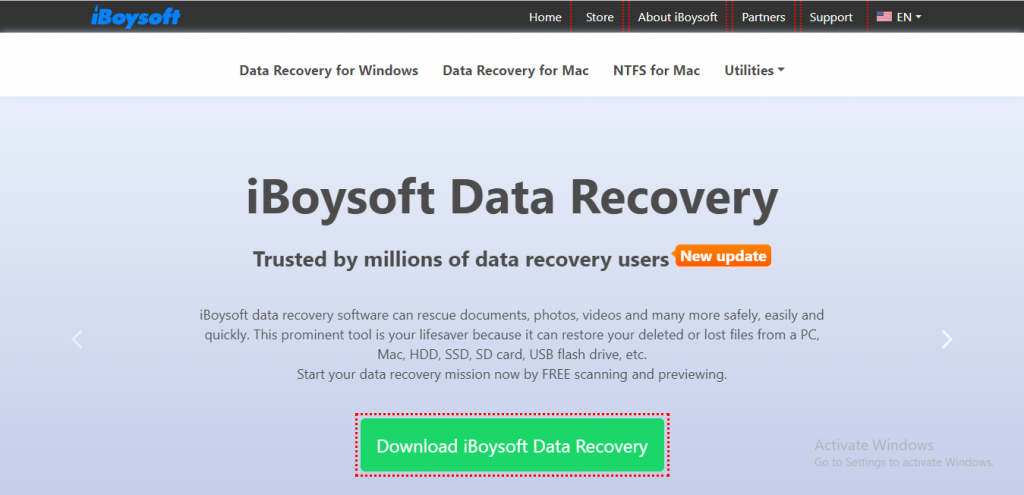
Disaster Recovery and Business Continuity
Although data breaches provide a significant risk, natural catastrophes, and system failures also have the potential to wreak havoc. The most recent iterations of accounting software provide extensive tactics for the recovery from disasters and the maintenance of corporate operations. Cloud-based solutions enable data redundancy, while automatic backups and failover procedures guarantee little operational disturbance, which helps to reinforce regulatory compliance even in the face of unforeseen circumstances.
Cindi Keller, Communications Coordinator at THE CRIMINAL DEFENSE FIRM
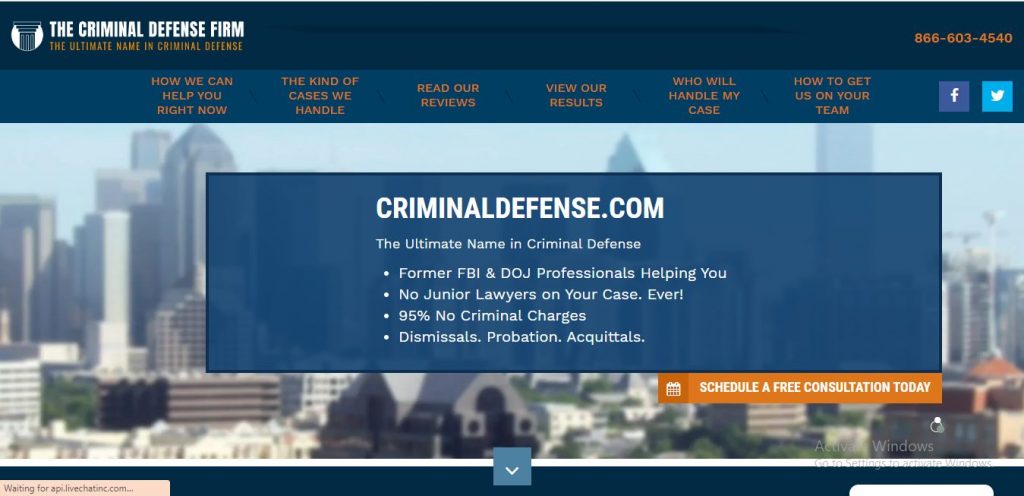
Educating Users on Compliance
User comprehension is the single most important factor in determining the usefulness of any piece of software, no matter how complex it may be. The industry’s most reputable manufacturers of accounting software make available to consumers a wide variety of instructional materials designed to educate them on the compliance aspects of their products. These tools, which may include user manuals, documentation, and webinars, provide people the ability to make the most of the software’s security and regulatory capabilities to the extent that they are capable of doing so.
Sasha Quail, Business Development Manager of claims.co.uk
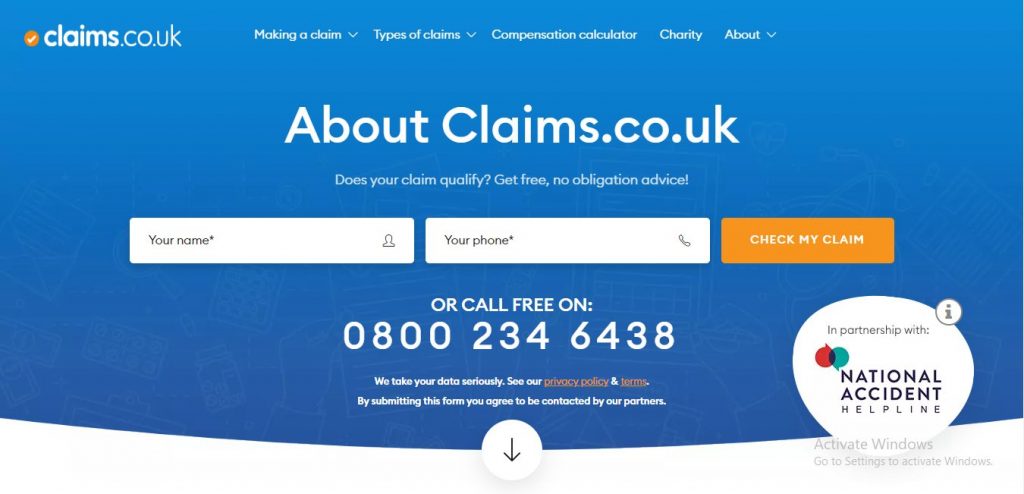
Conclusion
The emergence of contemporary accounting software as a fortress of security and compliance in the face of the unrelenting difficulties provided by data breaches and regulatory limits is a welcome development. This is a tribute to the software’s progress, which has transitioned from simple tools for financial management to full solutions that flawlessly correspond with the requirements of a sophisticated regulatory framework.
When businesses implement these solutions into their operations, they not only gain the ability to manage their money effectively, but they also get the ability to do so with absolute assurance that their data will be kept private and that they will follow applicable regulations. In the pursuit of financial security and compliance assurance, up-to-date accounting software will continue to be a sentinel while the underlying technology undergoes further development.
Are You Ready To SkyRocket Your Business With Our AI Chatbots
Click The Button Below And Gather Quality Leads With Botsify

